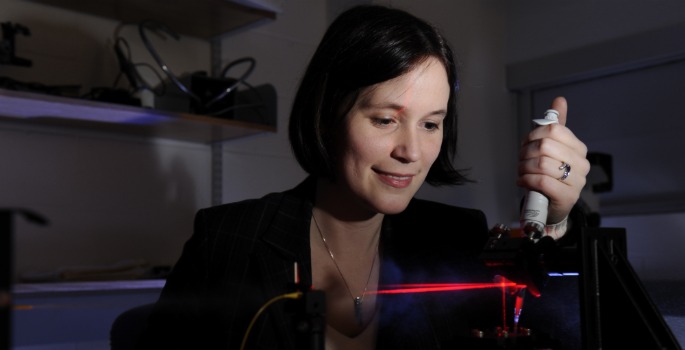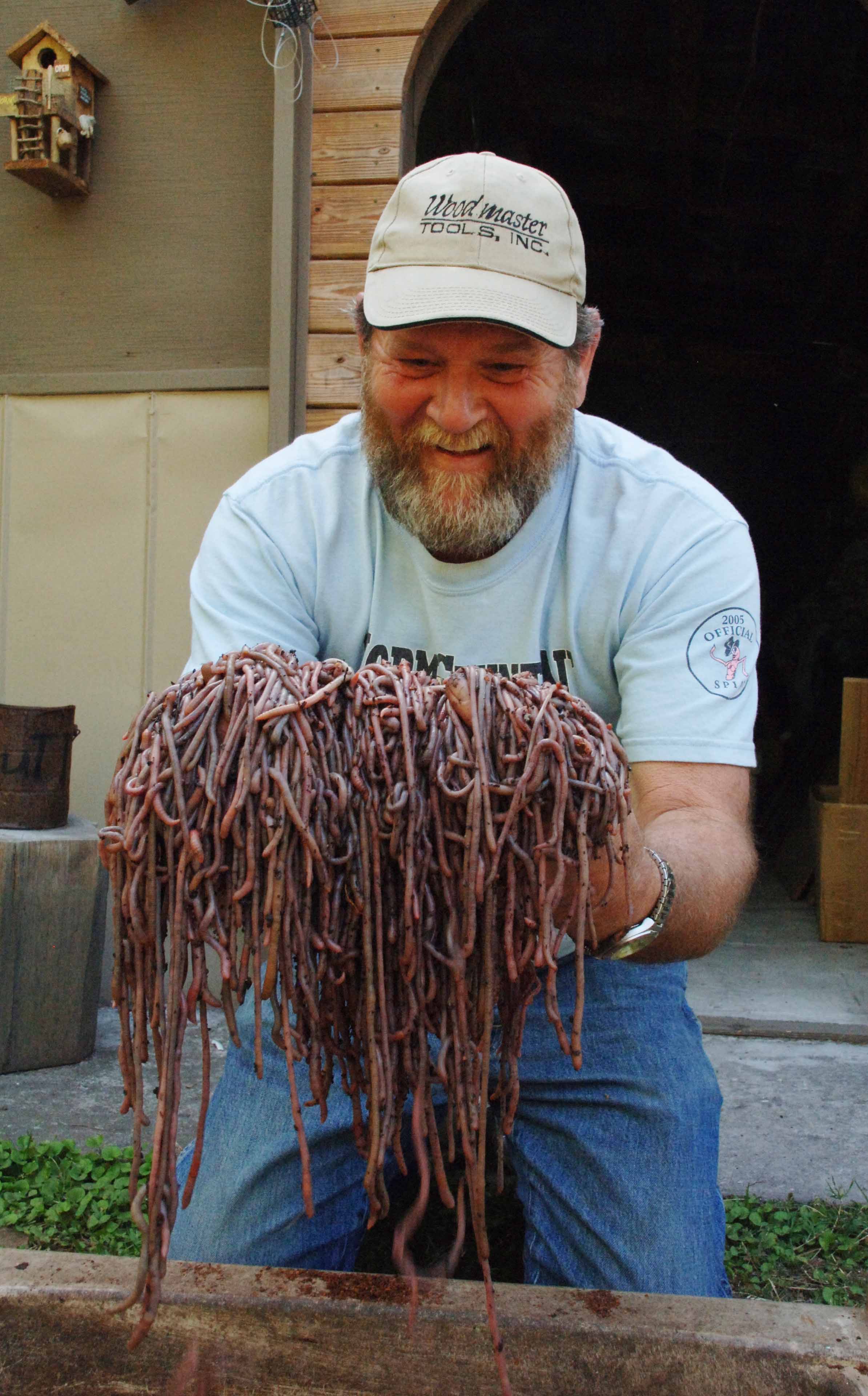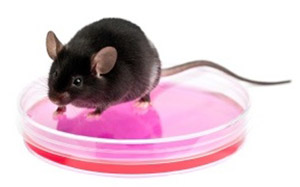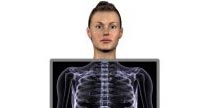Research
-

Researchers put school choice options under the microscope
Vanderbilt education experts explore the complex issues surrounding school choice in new book published this month by Harvard Education Press. Read MoreMar 14, 2011
-

New laser technique opens doors for drug discovery
A new laser technique can measure interactions between proteins tangled in a cell's membrane and a variety of other biological molecules: extremely difficult measurements that can aid the process of drug discovery. Read MoreMar 14, 2011
-

Brain imaging may hold clues to help children improve grammar
Researchers have for the first time successfully used brain imaging to predict how children will respond to programs that help them improve their grammar. Read MoreMar 11, 2011
-

Neuroscience drug discovery center opens at Vanderbilt
Vanderbilt University Medical Center has established a new Center for Neuroscience Drug Discovery to accelerate research that may lead to new treatments for Parkinson's disease, schizophrenia and other disorders of the brain. Read MoreMar 11, 2011
-

Elephants can transmit TB to humans
Elephants can transmit TB to humans, researchers at the CDC, Tennessee Department of Health and Vanderbilt University have reported. Read MoreMar 11, 2011
-

Worm grunting on NPR
Gary Revell shows some of the worms he has collected using worm grunting (Ken Catania) “What is worm grunting?” That is one of the questions that moderator Richard Sher asked panelists last weekend in a rerun of a pre-recorded edition of “Says You!” – the popular… Read MoreMar 11, 2011
-

Enzyme protects against inflamed colon
Increasing an enzyme required for a type of colon tissue may help dampen inflammation, a known risk factor for colon cancer. Read MoreMar 7, 2011
-

Chasing Foxd3’s role in stem cells
Researchers use genetic manipulations in mice and single-cell analyses to help explain stem cell regulation. Read MoreMar 4, 2011
-

Exercise can curb marijuana use and cravings
Just a few sessions on the treadmill can prevent marijuana cravings and use, new research finds. Read MoreMar 4, 2011
-

Vanderbilt-Ingram Cancer Center launches online genetic research tool
A new online tool enables cancer patients and researchers to track the latest developments in personalized cancer medicine and connect with clinical research trials. Read MoreMar 3, 2011
-

Future of the Parable of the Lost Sheep
Vanderbilt physicist Robert Scherrer supplements his scientific research with writing science fiction stories. Bob Scherrer is bicultural: Not only is he a practicing theoretical physicist, but the chairman of Vanderbilt’s physics department is also a published author of science fiction. Several years ago we did a… Read MoreMar 3, 2011
-

Worm gene function? Check the map.
New gene expression atlas created for roundworms provides a basis for establishing roles for individual genes in the development of specific cell types. Read MoreMar 3, 2011
-

A better picture of bone strength
A component of some MRI scans reveals that "soft" components, like collagen and collagen-bound water, are important players in bone strength. Read MoreMar 2, 2011
-

Campaign spending’s clear winner: Corporations
Researchers discover corporations gain clear financial benefits when individual employees make political donations. Read MoreMar 2, 2011
-

Identification of glaucoma gene brightens future for therapies
Researchers have identified a new candidate gene for the most common form of glaucoma, which runs in families. The findings offer novel insights into glaucoma pathology and could lead to targeted treatment strategies. Read MoreFeb 24, 2011
-

Support needed to help nurses tackle substance abuse
Support and treatment, not punishment, are needed to help the 10 to 20 percent of U.S. nurses and nursing students who may have problems with substance abuse and addiction. Read MoreFeb 24, 2011
-

Tennessee pre-k students see 82 percent gain over peers
Students in Tennessee's state prekindergarten program experience an average of 82 percent greater gains in literacy and math skills over their peers who do not attend state pre-k. Read MoreFeb 24, 2011
-

Weight’s impact on death risk among Asians revealed
New research about the link between body weight and mortality among Asians, which has not been studied in the past, finds being severely underweight poses a serious threat for this population and that preventing obesity is the top priority moving forward. Read MoreFeb 24, 2011
-

Brainstorm 2011 events begin March 3
"Brainstorm 2011," a series of free public events about brain research hosted by Vanderbilt University, will explore post-traumatic stress disorder, depression and the mysteries of feelings and perception throughout the month of March. Read MoreFeb 23, 2011
-

Protein ‘scissors’ cut path for cancer
The protein matriptase "cuts" a key component of the prostate tissue barrier and may be involved in prostrate cancer progression, new research finds. Read MoreFeb 22, 2011